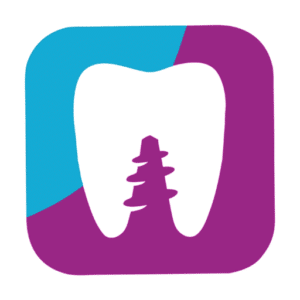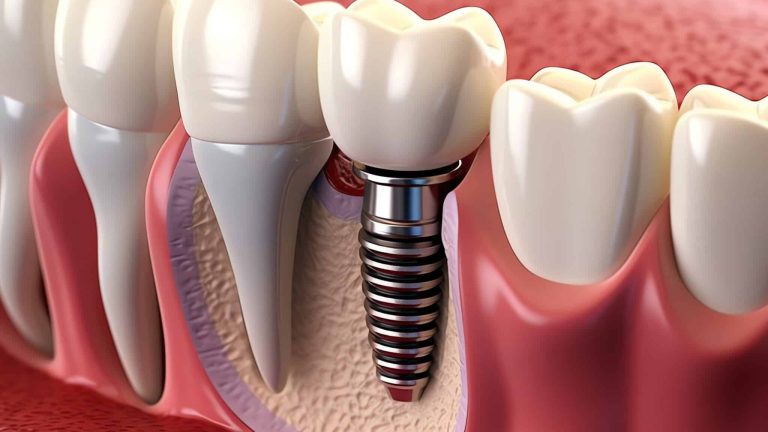Introduction
Dental emergencies can occur at any time and often cause stress and pain. Knowing how to react quickly and effectively can make the difference between saving or losing a tooth. In this article, we will explore the most common cases of dental emergencies, their symptoms, and the immediate actions you should take before visiting your dentist. At Clínicas La Guardia, we are here to help you handle any urgent dental situation.
What Is a Dental Emergency?
A dental emergency is any situation that involves acute pain, damage to the teeth, gums, or other oral structures, or that puts your overall oral health at risk. Such emergencies require immediate attention to relieve pain, prevent infections, and minimize further damage.
Common Cases of Dental Emergencies and What to Do
1. Broken or Fractured Tooth
A tooth can break due to a blow, a fall, or by biting something hard.
Symptoms:
- Sharp pain when biting or exposure to extreme temperatures.
- Jagged edges on the tooth.
- Sensitivity to air or food.
What to Do:
- Rinse your mouth with warm water to clean the area.
- Apply a cold compress on the cheek to reduce swelling.
- If you have the tooth fragment, store it in milk or a saline solution and bring it with you to the dentist.
- Avoid chewing with the affected tooth.
2. Avulsed Tooth (Completely Knocked Out)
The complete loss of a tooth is one of the most serious emergencies, but the tooth can be saved if you act quickly.
What to Do:
- Find the tooth and hold it by the crown (the top), avoiding contact with the root.
- Rinse it gently with water if it’s dirty, but do not scrub or use soap.
- Try to reinsert it into its socket in the mouth. If this is not possible, place it in a container with milk or saline solution.
- Seek dental care immediately. Time is crucial; ideally, you should receive treatment within the first 30 minutes.
3. Intense Dental Pain
Tooth pain can be caused by a deep cavity, an infection, or an abscess.
Symptoms:
- Persistent or stabbing pain.
- Swelling in the gums or face.
- Extreme sensitivity to heat or cold.
What to Do:
- Rinse your mouth with warm water and use dental floss to remove any food particles.
- Take an over-the-counter pain reliever, but avoid placing aspirin directly on your gums.
- Apply a cold compress on your cheek to relieve the pain.
- Schedule an appointment with your dentist as soon as possible.
4. Dental Abscess
An abscess is a collection of pus caused by an infection. It is a serious condition that can spread to other parts of the body if left untreated.
Symptoms:
- Intense, localized pain.
- Swelling in the gums or face.
- Bad taste in the mouth.
- Fever.
What to Do:
- Rinse your mouth with warm salt water to reduce inflammation.
- Do not attempt to drain the abscess yourself.
- Visit your dentist immediately for treatment.
5. Bleeding Gums
Bleeding gums can be a sign of gingivitis, but they may also occur following trauma or injury.
What to Do:
- Apply gentle pressure with a clean gauze pad to stop the bleeding.
- Rinse your mouth with salt water to prevent infections.
- If the bleeding persists or is heavy, seek emergency dental care.
6. Object Stuck Between Teeth
An object stuck between the teeth can cause discomfort and potentially damage the teeth or gums.
What to Do:
- Carefully use dental floss to try to remove the object.
- Avoid using sharp objects such as toothpicks, as they can cause injury.
- If you cannot remove the object, visit your dentist.
7. Dislodged Crowns or Fillings
Dental restorations such as crowns or fillings can come loose or fall out, leaving the tooth vulnerable.
What to Do:
- Keep the crown or filling in a clean container.
- Apply a small amount of temporary dental adhesive or toothpaste to the exposed tooth as a provisional measure.
- Schedule an appointment with your dentist to replace or repair the restoration.
How to Prepare for a Dental Emergency
- Have a Dental Emergency Kit that includes:
- Sterile gauze.
- Over-the-counter pain relievers.
- An antiseptic mouthwash.
- Saline solution or milk.
- Temporary dental adhesive.
- Know Your Dentist’s Number – Save the contact number of Clínicas La Guardia on your phone for emergencies.
- Act Quickly – Time is crucial in many dental emergencies. Do not hesitate to seek professional help.
How to Prevent Dental Emergencies
- Wear a Mouthguard
- Ideal for athletes or people with bruxism.
- Prevents injuries and dental wear.
- Maintain Good Oral Hygiene
- Brush twice a day and floss daily.
- Have professional cleanings every six months.
- Avoid Chewing Hard Objects
- Do not chew ice, pencils, or other objects that could fracture your teeth.
- Visit Your Dentist Regularly
- Regular check-ups can identify problems before they become emergencies.
Real-Life Cases: How Prompt Action Saves Teeth
At Clínicas La Guardia, we treated a patient who lost a front tooth in a sports accident. Thanks to their quick reaction—storing the tooth in milk and immediately visiting our clinic—we were able to successfully reimplant it, restoring both their smile and their confidence.
Conclusion
If you experience any of these five warning signs, do not wait for the problem to worsen. Timely diagnosis and treatment can prevent major complications and help you maintain a healthy, functional smile.
At Clínicas La Guardia, our dental specialists are ready to address any dental emergency. Do not ignore these signs and schedule your appointment as soon as possible.




